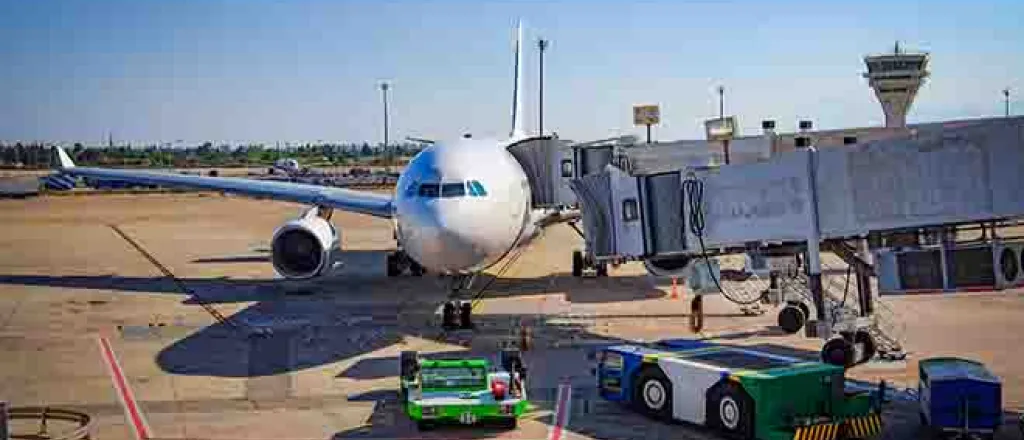
Logan Airport service workers strike, citing unfair labor practices
(Commonwealth News Service) Some service workers at Logan International Airport were to go on strike today to protest alleged unfair labor practices.
The non-union airplane cabin cleaners and ramp workers have filed five Unfair Labor Practice charges with the Massachusetts Attorney General's office against employer Swissport USA, alleging wage theft and vacation-hours violations.
Amanda Torres-Price, deputy communications director for Service Employees International Union Local 32BJ, said workers deserve to be paid the money they have earned.
"They are often working short-staffed, and it makes it really hard for them to do their jobs effectively and on time," Torres-Price pointed out. "Which could potentially impact how planes are running."
The National Labor Relations Board is also investigating whether a Swissport USA manager threatened to fire workers engaged in legally protected union activity. The strike is expected to last less than 24 hours.
The walkout at Logan Airport coincides with actions by unionized airport workers across the country. Service workers at more than 15 airports will hold rallies today to demand their members of Congress pass the Good Jobs for Good Airports Act sponsored by Sen. Ed Markey, D-Mass.
Torres-Price added workers risked their health and the health of their families to keep airports operating throughout the pandemic, and they deserve better.
"This is an act that would ensure airport service workers have a living wage, benefits and health care," Torres-Price stressed.
The bill ensures a minimum wage of $15 per hour for service workers who clean planes, handle baggage and assist wheelchair passengers. Today's events follow months of increasingly challenging conditions for these workers as high job turnover has led to flight delays as well as unruly, sometimes violent passengers.
The rallies are planned at airports controlling 45% of all U.S. domestic air travel and 65% of all U.S. travel through major transit hubs.
















